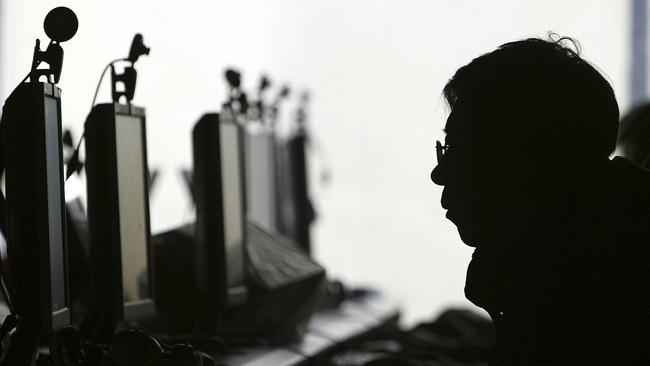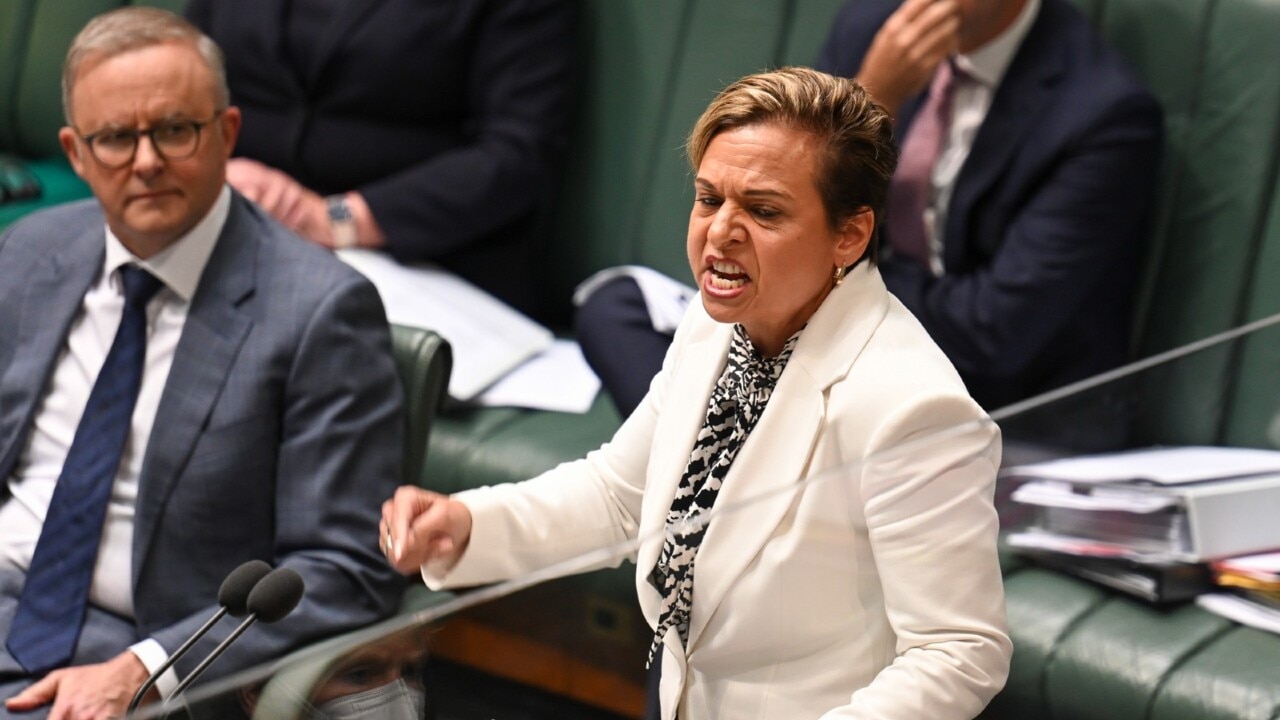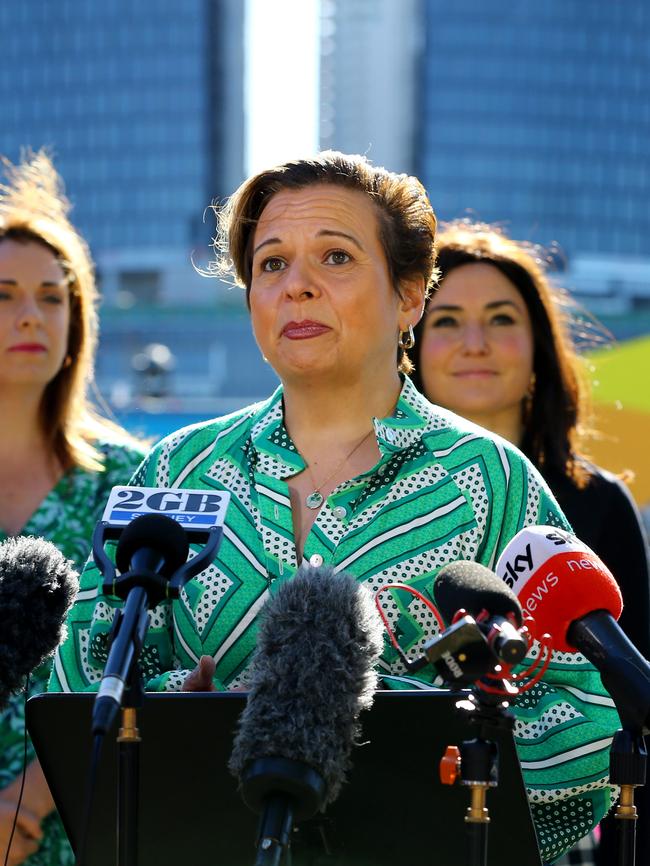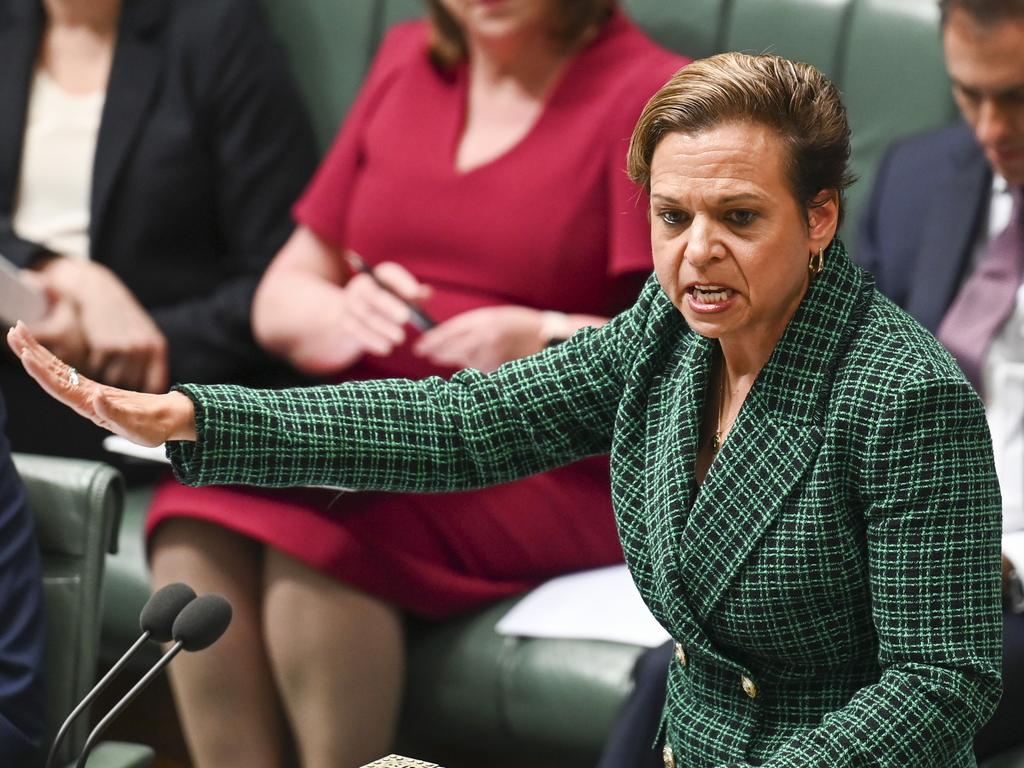Why Labor’s ‘misinformation’ bill will only mean greater censorship

The bill is a clear signal that we are at a crossroads, and that these are critical times.
There are two approaches open to Australia at this moment, leading to diametrically opposite outcomes. Both concern the value placed on information and opinion in Australian society, and the way they serve society. They may be described as the “liberties” and “authoritarian” models for Australian society.
The “liberties” approach has long been part of Australian culture. It promotes free access to information and allows ordinary folk to form their own opinions, without being duped by politicians or others pushing an agenda, which all too often might be a very wicked one.

Free access to information is the only means available to expose corruption, to bring down those who are not fit to hold public office, and to ensure those we trust to run the country will do so in the interests of Australians. It is foundational to the justice system, in causing the truth to be exposed, so perpetrators are not rewarded, and the innocent are not criminalised.
Without this, there is no rule of law. Information freely available to Australians is the puissance that can overcome tyranny. It begins with the individual’s liberty to think freely, to question what they are being told, to say so when something doesn’t pass the pub test and – when blatant untruths are being peddled – to ask “why?”.
Free access to information and diversity of opinion is not just for the individual, it is foundational to democratic society and the maintenance of all individual freedoms for all people.
The “authoritarian” model thrives on the control of information. It astutely recognises the potential for “information regulation” to enable political power to be gained and held, for agendas to be pressed, and opposition fended off.
It fears free access to thought that enables dissent, and challenges official narrative, as this may lead to the discrediting and ultimately the dismantling of false claims to legitimacy.
It cannot tolerate pluralism, as that exposes “authorised” versions of the truth to critical appraisal. The greater the dystopian grip on information, the more it can achieve its goals.
These are often accomplished under a patrician, well-meaning guise, that is protective, benign and beneficent, belying the autarchy at work. As C.S. Lewis put it: “Of all tyrannies, a tyranny sincerely exercised for the good of its victims may be the most oppressive.”

The misinformation-disinformation bill would empower the media watchdog, the Australian Communications and Media Authority, to regulate online platforms against the spread of false information.
The government has declared war on “misinformation” and “disinformation” because it “sows divisions within the community, undermines trust and can threaten public health and safety”, according to Communications Minister Michelle Rowland. Information is diffracted through the prism of an industry “code of practice” or, if a suitable one is not proposed by industry, an ACMA-imposed standard.
The focal point of regulation is ostensibly online platforms. The cost of noncompliance to them could indeed be massive, with penalties of up to $6.8m or 5 per cent of their global turnover for breaches of ACMA’s imposed standards. This is bound to make them play safe and over-censor.
However, those who pay the real price, and a potentially colossal one in terms of their personal liberties, are ordinary Australians who post and view content.
One pertinent question is whether the bill asks for power beyond anything that a proper democratically minded government should seek. It was said of one legislative proposal of F.D. Roosevelt that it asked for “more power than any good man should want, and more power than any other kind of man ought to have”.
The obvious danger with excessive regulation of information is that once it is entrenched, the abuse of power becomes less easy to detect and to dislodge. The very mechanisms necessary to hold government to account must never be disabled. The bill risks doing just that.
Australia is very differently situated from most countries with similar laws in place. The mischiefs to which overseas measures are directed are much more targeted. They do not involve sweeping censorship at such a low threshold as this bill.

The freedom of expression that is powerfully protected in other jurisdictions, notably across the EU under the European Convention, or under the International Covenant on Civil and Political Rights, is not protected in Australian law. We may assume it is, because the ICCPR is binding on Australia. We have various liberties in Australia but we may not know that freedom of expression has never been protected here in the way it should be.
It would be a tragedy to realise too late that nothing can be done to put that right.
George Orwell wrote Nineteen Eighty-Four inspired by the models of authoritarian statehood that prevailed in the late 1940s. It is salutary that the setting was not the Soviet Union but a reimagined England.
Its “Ministry of Truth” used “Newspeak” to maintain that two plus two equals five, as the situation warranted. It was meant as a warning for mankind, including countries such as Australia.
Paul Taylor is an honorary senior lecturer in the TC Beirne school of law at the University of Queensland and a fellow of the Centre for Public, International and Comparative Law.







This weekend passed marked the close of submissions on the Communications Legislation Amendment Combating Misinformation and Disinformation Bill.